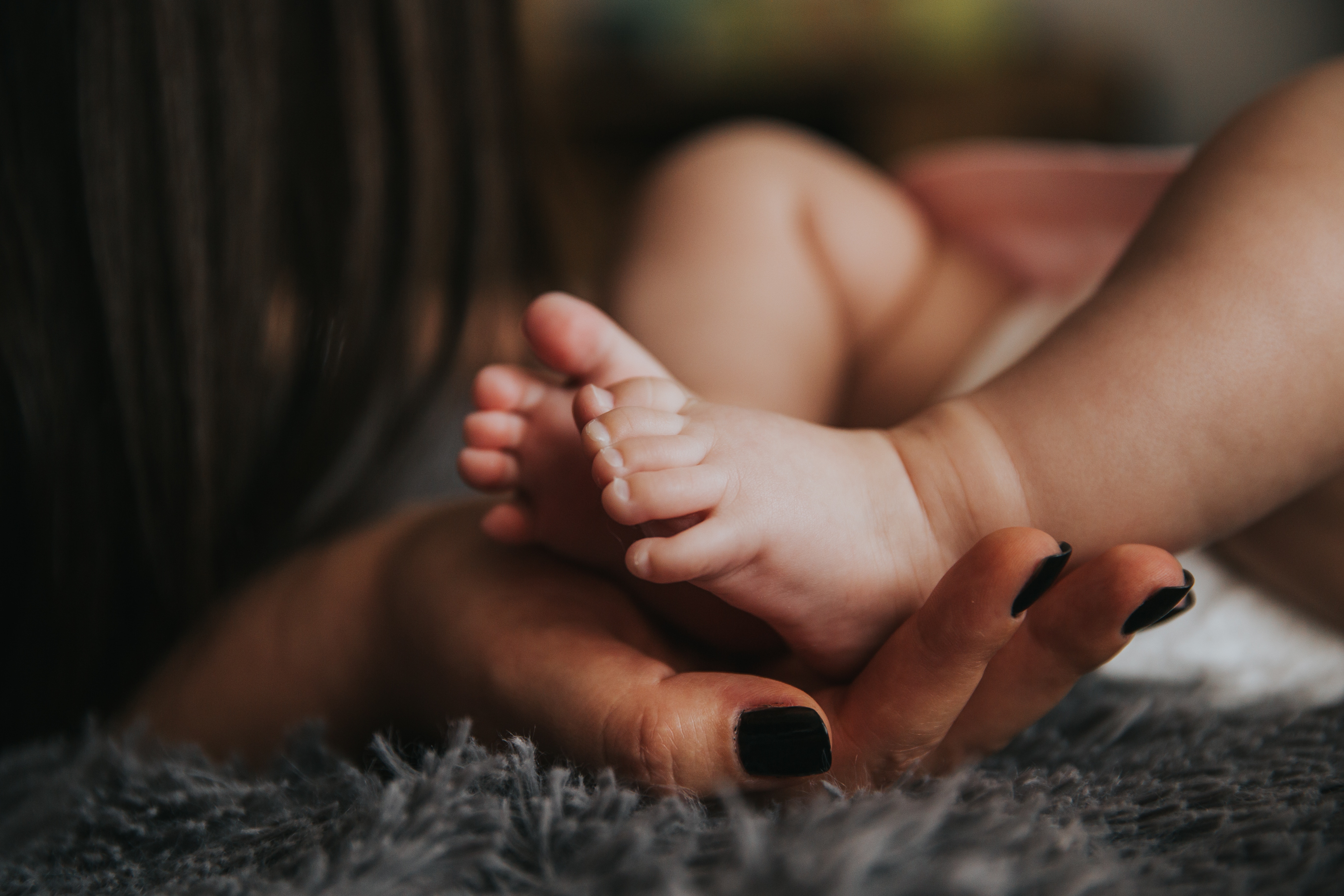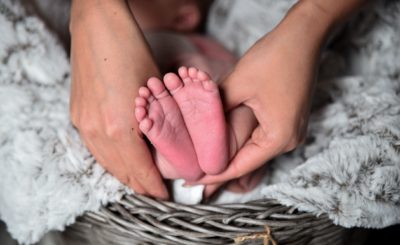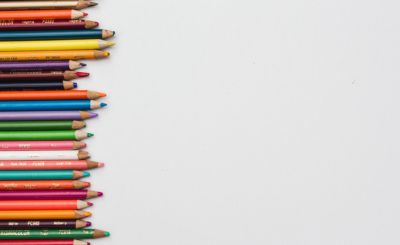After having a baby, there are a few important things to have ready at home for a new mum. None of the following list is particularly glamorous, feel free to add glamorous things as you see fit…
Breastfeeding supplies
Especially if this is your first baby, your nipples will undergo some changes (and to be honest, trauma) while you and your baby get breastfeeding figured out. This can be painful. Luckily there are nipple creams available which can make a big difference. You probably won’t need much, as things settle down soon, but we’d recommend having some nipple cream ready to take to the hospital. You’ll also need nipple pads. These can be washable or disposable, and slip inside the bra to absorb any leaking milk. This happens a lot, so it is worth having a pack.
Breastfeeding clothes and bras
You’ll also need some breastfeeding bras and clothes. The bras will often be a little bigger than your usual cups, wireless (to avoid squashing milk ducts and even potentially contributing to mastitis) and will have some kind of nipple access, usually a drop down front. We’d suggest avoiding buying a whole new wardrobe of feeding clothes until you know what type of feeding clothing suits you and your baby. Additionally, be aware that many feeding tops are styled with a bump still present- useful for the first few months after birth but then can be quite unflattering as you start to get back in shape. So have a few loose, feeding style tops or button-up shirts and wait to see what will work for you as you get used to feeding.
Pain relief
Having a baby is usually painful! It’s worth having some simple over the counter pain relief such as paracetamol and ibuprofen (if you are able to take these medications) ready so you don’t need to be searching for some when you get home. Please check with your GP/obstetric/midwifery team regarding what is suitable for you, make sure you make it clear that you are breastfeeding.
Maternity pads
These are basically big sanitary towels. There is some bleeding for up to around 6 weeks after the birth (regardless of how you deliver). It is normal, the uterus had a lot of blood vessels against the placenta and there is some bleeding as the uterus shrinks post birth. Maternity pads are huge. You won’t need them for the whole 6 weeks, normal sanitary towels will be fine within a week or two.
Food
You’ll need food. Many pregnant women plan some food for after the birth, often including those foods they haven’t been able to eat during pregnancy. It’s important to remember that whatever the type of delivery, it’s a huge undertaking to deliver a baby and you will need some good nutrition to restore yourself and recover post-delivery. Try to have some easy to prepare meals ready in the freezer or bought so that even if you are having a day where the baby needs to be held continuously, you are able to stick something in the microwave or similar and have a decent nutritious meal. While many babies sleep happily in their cot while their parents prepare food, some don’t. It is wise to have done the tasks which require two hands in advance, don’t assume that it will be easy to divide a 10 portion meal from the freezer while also feeding a baby. Freeze it in 1 or 2 person portions now so life is that bit simpler later.
Snacks
Most people underestimate just how hungry you can get while breastfeeding. Your baby will want to feed during the night and you are likely to feel quite hungry when you are awake and feeding. It is sensible to have some quiet snacks ready as you’ll probably thank yourself at 4am on your 4th wake up while sitting in the darkened quiet room trying to rock a baby back to sleep. Think trail mix or similar (although many women crave carbs at this stage); not something too noisy or which will drip on the bed or needs cutlery or preparation.
Support
All Mums need some support after having a baby. It’s not an easy process, and the hormonal fluctuations can really affect even the most “level” of people. Along with emotional support, practical support is vital. So many new experiences and challenges arise in the first few weeks and days. Having people who can offer some advice (ideally “you’re doing it exactly right, that’s completely normal” but also “it may also help if you have the next nappy ready before you take off the wet one and risk spray all over your freshly changed bedding”) can be so helpful. It can also be a pain in the bottom, even when well meant or even accurate and necessary. Try to have people you can call for help who aren’t going to be too offended if you don’t thank them for all the advice until later. Some other “Mum friends” can be useful to cultivate a little, you’re going to need people who’ve recently been through this to share with. If you can, find some like minded people you can relate to and are in similar stages of life and do what you can to strengthen these friendships now, so that when you text them at 10pm with a picture of a dirty nappy asking if it is normal, it seems a little less out of the blue!
If, as with many families, your relatives or strong supports are far away, consider having them nearer you during the early stages. In particular, if your partner is away or back to work soon after the birth, think now about who will be around if you are really struggling to get any sleep/food/other basic human needs. Many couples enjoy having time together for the first few weeks, so deferring long visits for at least a few weeks makes sense so long as you have some kind of support at the start. Remember that if you have a caesarean section, you may be unable to drive for up to 6 weeks. Some people have unplanned sections, so even if you aren’t planning a section, have a think about how you would get around if needed.
We’ll discuss more about support in articles about what to do once your baby is home.




2 thoughts on “Practical things to have as a new Mum”
Comments are closed.